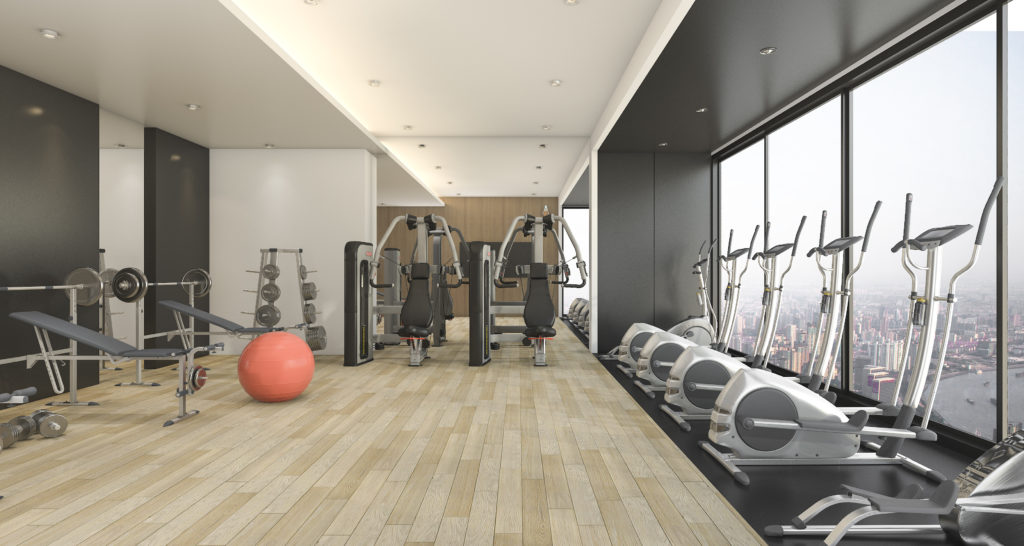Coronavirus/COVID-19 in Condos – Staying safe

There is no need to panic and buy all the toilet paper in your local grocery store – but there is no denying it, either: The Coronavirus outbreak is evolving quickly and is spreading across the region. In this time of uncertainty, corporations, boards and managers are considering what obligations they have when it comes to protecting residents and preventing the spread of the virus.
First, some facts:
- The Coronavirus (COVID-19) is a respiratory virus that can cause a cough, fever and respiratory issues, including pneumonia. While the fatality rate is low, the virus is contagious and may be very dangerous to those with pre-existing medical conditions.
- As of today (March 14, 2020), the virus has been classified as a “pandemic” and has spread to over 100 countries with 193 cases confirmed in Canada (79 of these in Ontario).
- For more information about Canada’s response and travel advice, we encourage you to visit the Government of Canada’s website
Now… what does this mean for condos?
The virus spreads like a common cold by coughing, sneezing and living near one another. Condos bring people from many walks of life together, each exposed to their own professional and personal circles, sharing common element surfaces and facilities (think elevator buttons, gym equipment, door handles, etc.)
Under the Ontario Condo Act (Section 17.2) “the objects of the corporation are to manage the property and assets, if any, of the corporation on behalf of owners”. The Corporation (more specifically, the Board of Directors) has a duty to manage and administer the common elements and assets of the corporation.
This gives Boards the right to create rules to promote the safety and welfare of residents of the building: but what does this mean in the context of a virus? Can the corporation insist that a resident who was a “snow bird” in Florida, self-isolate for the next two weeks? Can we warn residents to avoid a person if we suspect they may be ill? Not exactly.
Despite the Corporation’s limitations in this area, there are some basic precautions we can take to protect the community.
Risks to Residents
Under the Condo Act, the Corporation is required to take “reasonable steps” to ensure the “reasonable safety” of those entering the building.
While we haven’t heard of any case law involving a condo corporation being sued for the spread of the virus within their building, some law firms are recommending that it’s better to take “reasonable” action. (For example, it might not be sensible to put free-standing hand sanitizers in common element areas that don’t have security cameras; with the panicked environment lately, these can be easily stolen). Added to the fact that vendors have been hiking their sanitizing products prices, Corporations need to stick within their financial means.
That being said, securing hand-sanitizer dispensers to the walls near common element areas that have cameras could be an option (by elevators, for example), and can create a visible display that the Board is taking action to reduce the risks of spreading the virus. In short, we need to be cautious but also responsible.
Risks to Corporation Staff
What about the Superintendent or Building Manager’s safety?
Corporations are required to ensure their staff are working in safe environments. There is no “blanket solution” for what this looks like since it will vary according to the site, but corporations should take steps to ensure their staff members are consistently washing their hands for at least 20 seconds, using disinfectant and hand-sanitizer and alert management and their local healthcare services if any symptoms arise.
What if you suspect someone is infected?
Since the corporation is legally obligated to manage the common elements and “reasonably protect” occupants and employees, it might be wise to share that a known case has been reported on the premises with the condo manager.
However, corporations need to be very cautious of protecting the privacy of their residents. If you have questions about this, it would be a good idea to consult with your Condo Manager or seek legal advice before taking any action.
What about Annual General Meetings?
Condo communities are legally required to meet each year– but what if you’re being told to “self-isolate”?
We are seeing more and more sporting events, conferences and social gatherings being cancelled to limit the spread of infection. This has caused many of us to struggle with the question of whether to postpone Annual General Meetings or consider alternative methods for conducting these meetings.
To help make this decision, Boards should consider whether there are risk factors present:
- Have there been confirmed or presumptive cases of the virus in the community?
- Is there an ability to arrange for ‘social distancing’ in the venue of choice? (outdoors, not sharing common surfaces)
- Consider the expected number of attendees at the meeting.
If the community decides to move forward with the meeting, there are some strategies that can be taken to reduce the risk:
- Provide hand-sanitizing stations;
- Ensure a venue that has social distancing;
- Allow for virtual or live-stream attendance* (or participation by proxy for those unsure or nervous about attending);
- Avoiding having “buffet-style” refreshments or snacks;
- Stagger arrival times (collect voting ballots and proxies rather than having everyone congregate in one area at once, encourage early arrival to get seated and avoid groups around the sign-in table).
* Boards should check with their manager to see if they need a Resolution or By-law to permit owners to attend virtually, before providing this as an option for owners.
While the Condo Act does require that an AGM is held within 6 months of the end of the corporation’s fiscal year, the current environment may present a challenge – this is a discussion you need to have with your manager, if this virus continues to be a threat.
DCM will keep updating owners
This is a unique and trying time for many of us. We are hopeful that with the increased sanitation and protective measures being taken at our properties, residents will weather the outbreak and that most will not be affected.
If you have any questions or concerns, please reach out to our office – we are here to support our condo communities and help guide them through this challenging time.
For a full list on how to protect yourself and an on-going update on the virus’ status in the London-area, we encourage you to check out The Middlesex London Public Health Unit or The Public Health Agency of Canada.


